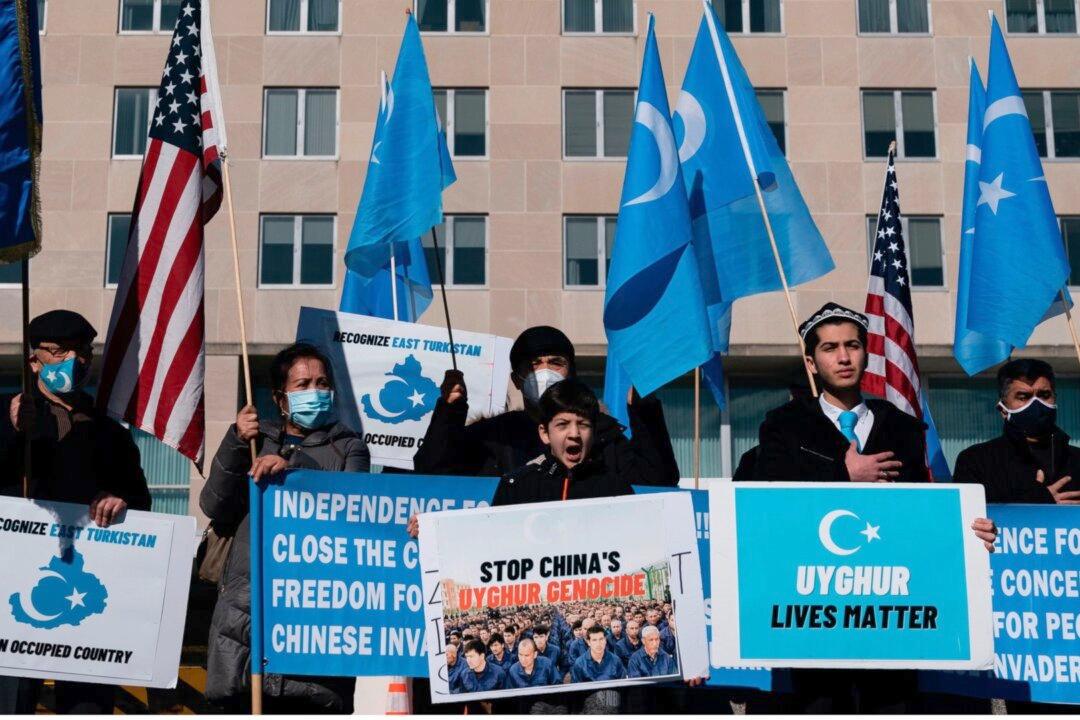The California Assembly adopted a resolution May 20 denouncing the Chinese government’s human rights abuses against Uyghurs, a persecuted religious and ethnic minority.
Assemblyman Chad Mayes (I-Yucca Valley) authored House Resolution 41 (HR 41), which demands “that the People’s Republic of China should release the estimated 2,000,000 imprisoned Uyghurs and grant access to foreign press and the United Nations to the detention camps in Xinjiang.”





